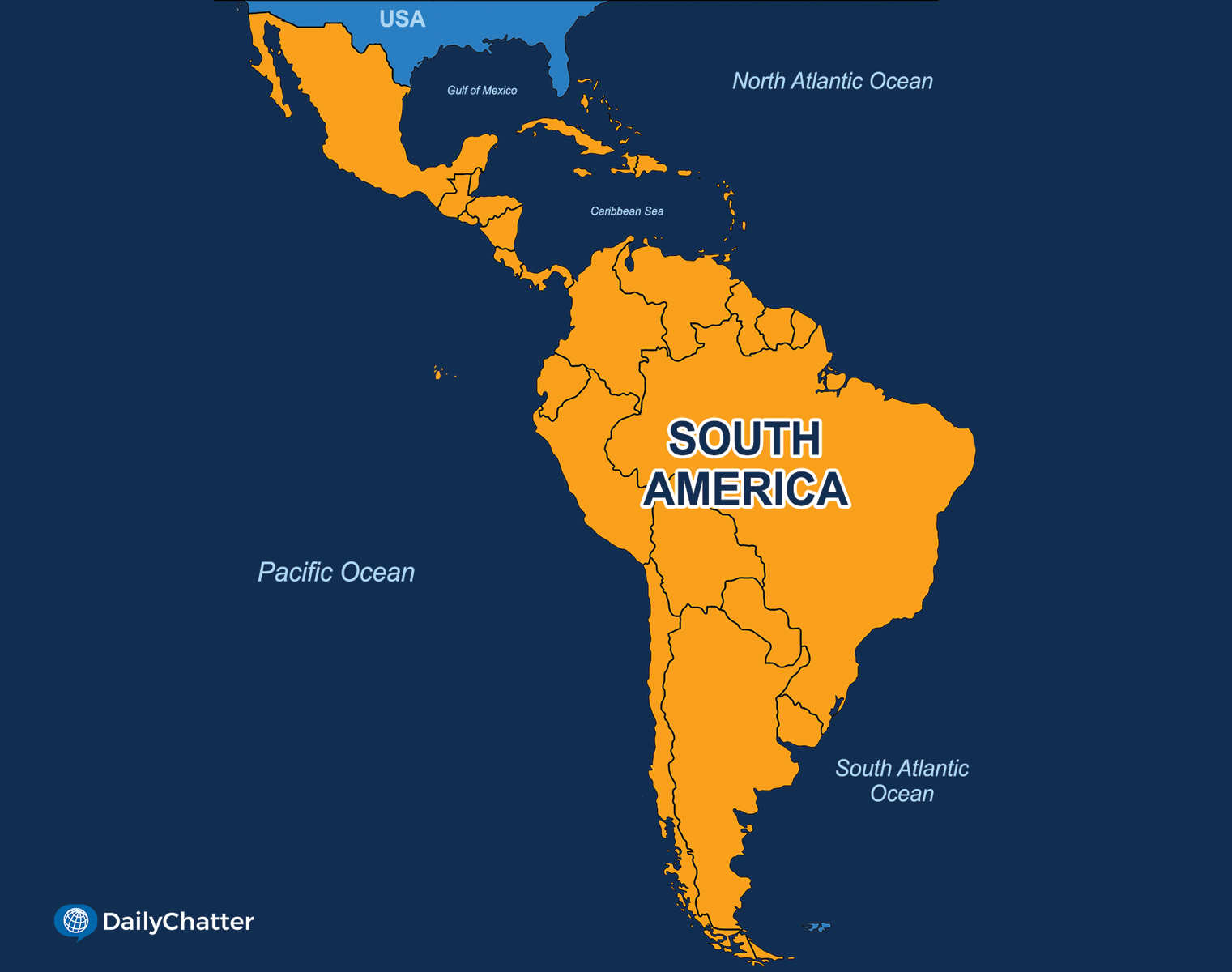SOUTH AMERICA

Anti-Fragility
Gustavo Delgado visits a food pantry every day in his hometown of Buenos Aires, Argentina. Otherwise, his family doesn’t eat. Delgado, 52, had been an office cleaner until earlier this year, Reuters reported. But his employer closed down due to the coronavirus pandemic. Unable to find a job, he is three months behind on the rent for the small house he shares with his wife and granddaughter.
Argentina was already in a recession dating back to 2018 due to investors’ lack of confidence in the South American country’s political stability and financial stewardship. Covid-19 has made the bad situation worse.
As a second surge of the coronavirus attacks Central and South America, experts are fearful that the region’s leaders – often mired in corruption, presiding over governments that lack capacity and sometimes showing gross incompetence – will fail to rise to the challenge.
Covid-19 recently became the leading cause of death for five Latin American countries and the second-most common cause in another six, according to National Public Radio. Hard-hit countries like Ecuador have cracked down on any behavior that might spread the virus, even banning the sale of alcohol, Chinese state news agency Xinhua noted.
“The management of the pandemic has been so bad that we are not optimistic about how the vaccine is going to be managed,” Dr. Francisco Moreno, who oversees Covid-19 treatment in the private ABC Medical Center in Mexico City, told the Los Angeles Times. “The people at the top are not doing what has to be done.”
Mexican officials misled residents of the capital, for example, withholding data that would have triggered a lockdown in December to keep the economy humming, the New York Times wrote. Citizens were allowed to congregate for two weeks before officials had no choice but to shut down businesses and enact other rules.
At the same time, there’s a surge of infections because of a policy allowing Americans and Europeans seeking to escape the cold and Covid-19, to head to resorts where they party as if on spring break, the Washington Post reported.
Meanwhile, Brazilians can look forward to a Chinese vaccine that has shown signs of promising efficacy even if it is less effective than those Europeans and Americans are getting. Yet President Jair Bolsonaro recently delivered an “expletive-filled tirade” against the vaccine, saying it might turn those who take it into alligators, reported the New York Post. That’s not a ringing endorsement from a leader who has been a virus-denier even when he became infected.
Some believe the region is in danger of enduring a “lost decade” like it experienced during the 1980s, when inflation, debt defaults, crime and economic decline were the order of the day, Foreign Affairs explained. The World Economic Forum, working with Project Syndicate, issued an analysis that hoped the virus could help the region rebuild and avoid the mistakes that made it so fragile in the first place.
Resilience requires preparing for unknown unknowns. That requires resources and the power to channel them. Sometimes, like many things these days, those are in short supply.
No comments:
Post a Comment